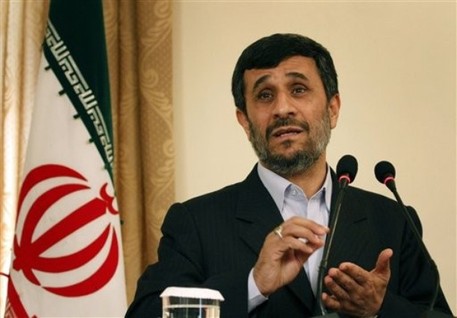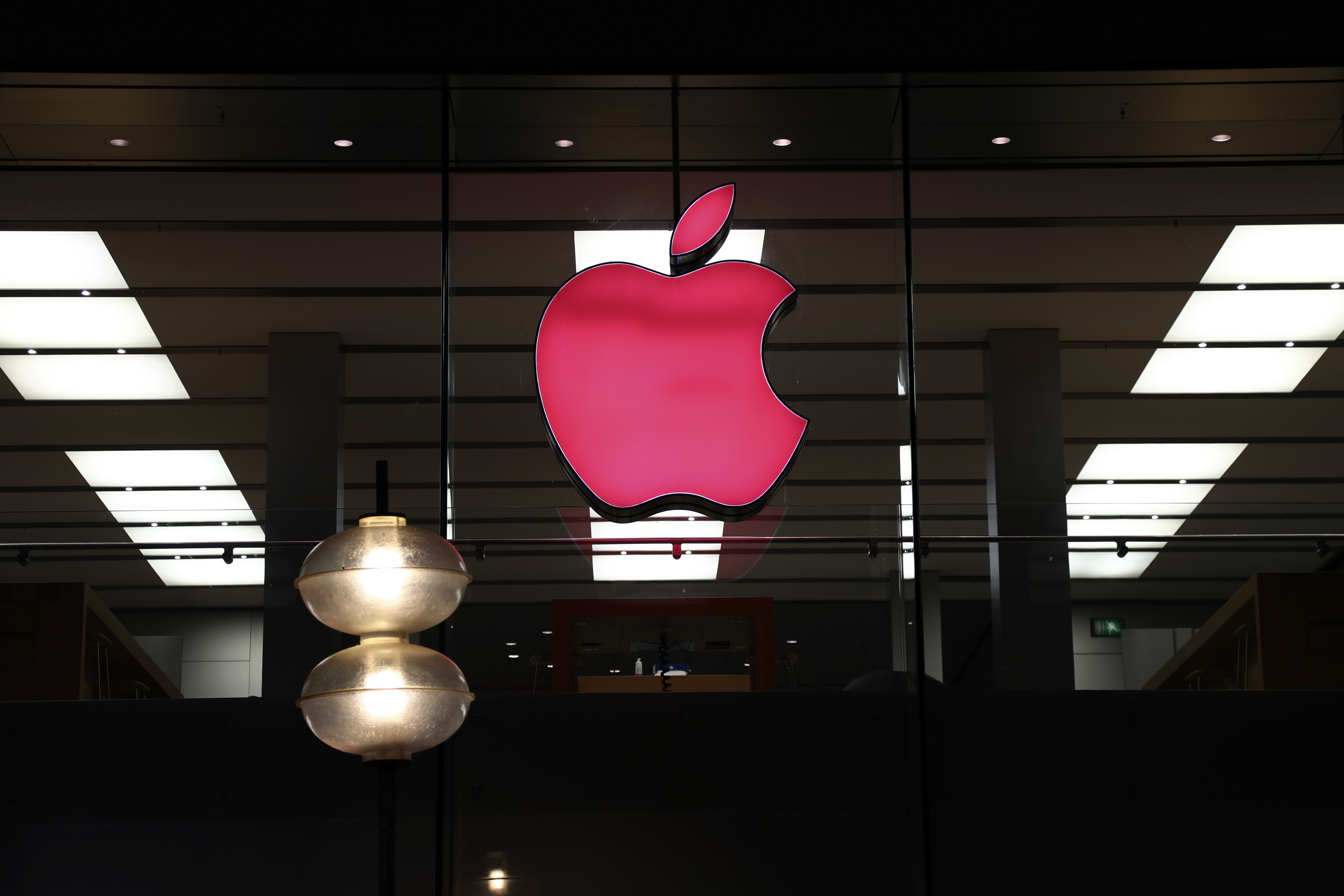I think the problem isn't that these "red lines" don't exist, but that the Iranians currently see no strategic value in forging clear "lines" over their nuclear program.

I agree with much of what Ilan Berman has to say on containing Iran in this morning's Washington Times, but I have to nitpick one of his points:
The sine qua non of real containment is the ability of the United States to shape how a nuclear Iran behaves under any and all circumstances. Here, the comforting comparisons between the Soviet Union and the Islamic republic fall flat. During the Cold War, the U.S. government and its Soviet counterpart communicated regularly, interacted extensively and, as a result, had a clear idea of each other's political "red lines." By contrast, despite the Obama administration's best efforts at "engagement," our contacts with Iran's leadership are sporadic and ad hoc and have yielded little insight into its strategic culture.
True, however even at its worst, the Islamic Republic has had an often cynical propensity to deal with the United States when it was in the regime's own strategic interest to do so. There were "red lines" during the Geneva Contact Group meetings, when Tehran essentially aided Washington in its Afghan war planning. The two countries talked a lot - or, more precisely, talked a lot about talking - about joint activity on Iraq security. And we certainly talked during Iran-Contra. That was a "red line" of sorts. There was even a famous (or infamous) gift exchange.
I think the problem isn't that these "red lines" don't exist, but that the Iranians currently see no strategic value in forging clear "lines" over their nuclear program. To date, the strategic value in having nuclear weapons - or moreover, the strategic value in publicly "not" pursuing nuclear weapons - has outweighed the benefits in disarming and better integrating into the global economy. If the U.S. had more direct economic leverage over Iran, perhaps things would be different. But we don't.
I'm with Berman on containment; I think it would be a diplomatic and strategic failure for the United States to accept a nuclear-armed Iran. But we could accept and manage it, and I think the Iranian regime even hopes for this. A nuclear weapon doesn't just allow Iran to snub the international community; it allows the regime to talk on its own terms and timetable. The Iranian leadership is well aware that it's being talked at more than with under current circumstances, and they want to change that dynamic. A nuke would do that.
(AP Photo)











